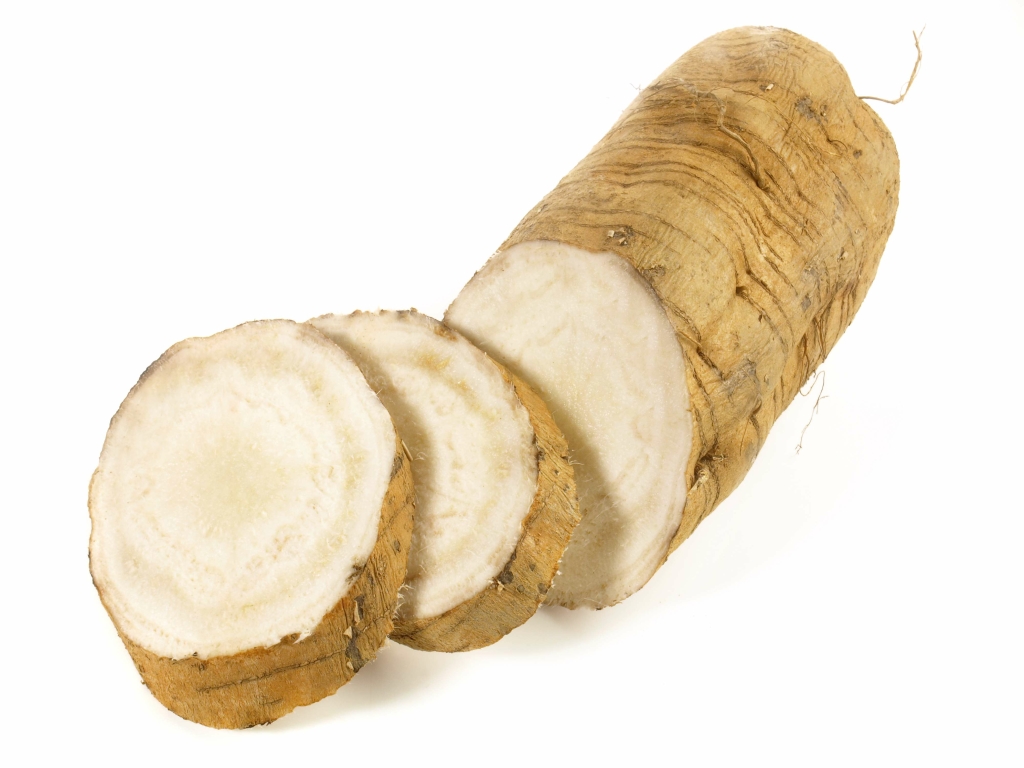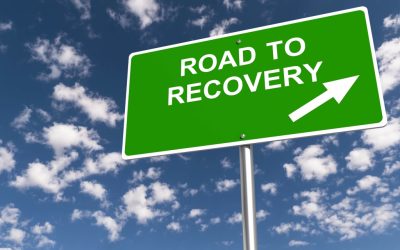Alcohol and Anxiety: Panic Attacks After Drinking
From damaging vital organs to impairing brain function and jeopardizing relationships, the negative consequences of excessive alcohol use are far-reaching. Chronic alcohol use raises your risk for health problems, including heart disease, liver disease, cancer, and mental health disorders. You may also need to be concerned about having a panic attack from quitting alcohol if you’ve experienced one in the past or have an anxiety disorder. Someone who frequently binge drinks or has more than eight drinks a week (female) or 15 drinks a week (male) could also be primed for having withdrawal symptoms. Alcohol can lower blood sugar immediately after drinking it – but the effect may last for several hours too. This can explain the anxiety you can feel the morning after drinking alcohol.
Lifestyle changes to reduce anxiety
If you begin to experience the symptoms of a panic attack, then you can use one or more coping strategies to help you make it through them. For instance, sensory grounding with ice or cold water is a technique that some people use to call their attention to an external sensation. Fortunately, you don’t have to let panic attacks interfere with your chances of enjoying a successful recovery. You can learn various techniques for managing your Sober House panic attacks along with other challenging withdrawal symptoms. Although it takes time, you can learn to live a sober lifestyle with fewer or more manageable panic attacks in the future. Although it can be hard to identify who will have a panic attack when they quit alcohol, there are some signs to watch out for that indicate that you might have a substance use disorder (SUD) that could result in withdrawal symptoms when you quit.

Traditional ways of treating anxiety
The psychosocial impact of alcoholism also has been implicated in the genesis of anxiety. Social consequences of habitual excessive drinking are common and include pervasive and cumulative problems in vital areas of life, such as employment, interpersonal relationships, and finances (Klingemann 2001; Klingemann and Gmel 2001). In fact, such difficulties in everyday living are so intertwined with heavy use that they are reflected in the DSM–IV criteria for AUDs (APA 2000). The interaction between pathologic alcohol use and enhanced life stress can lead to anxiety in at least two ways. First, the consistent presence of social disturbances may activate and intensify anxiety symptoms among these already vulnerable individuals.
- It is widely understood in the RPT literature that negative emotional states are particularly perilous to recovery efforts.
- Anxiety disorders also may have a particularly detrimental impact on alcohol-focused treatment for women.
- The feelings that you experience during a panic attack can feel overwhelming.
- Severe alcohol withdrawal symptoms may require medical attention, which is available when you reach out for help to recover from your AUD.
Prevalence and Clinical Impact of Comorbid Anxiety and AUDs
Another thing to watch out for is increases in the severity and frequency of anxiety levels and alcohol panic attacks. These are evidence that you are either drinking https://thechigacoguide.com/top-5-advantages-of-staying-in-a-sober-living-house/ increasing amounts or that your brain has already been affected. Long-term alcohol abuse can not only induce panic attacks but can also lead to PTSD.

Gender Differences in Comorbid Anxiety and Alcohol Use Disorders
Medical Professionals
Can I drink alcohol to cope with anxiety and panic attacks?
- They had no history of panic attacks during or immediately after the alcohol abuse period.
- If you are worried about your drinking and don’t feel you can stop, you should seek professional advice or speak to a telephone helpline such as Alcoholics Anonymous or The Samaritans.
- The following sections will review fundamental concepts related to how these disorders co-occur and describe approaches to diagnosing and treating comorbid anxiety and AUDs.
- If someone is sick because of a hangover, they might not be able to attend to their responsibilities at home, school, or work—which can, in turn, fuel their anxiety.
- While the depressant effects of alcohol may work to mask existing anxiety, over time it tends to make the issue worse due to how dependent the brain becomes on the ethanol in alcohol.
- The respective prevalences of comorbid anxiety disorders and AUDs from each of these epidemiological studies are summarized in table 1.
